I’ve been watching a lot of food and cooking television since this whole quarantine thing started. From straight up cooking shows, to documentaries, to that Great British Bake Off, I have always been fascinated with the evolution of food TV, on how it began and what it has now become. I am also constantly on the look out for a good recipe.
Of late, you would have noticed a very specific style in the way many food shows are shot. The high definition close up. That slow motion pan. We watch as water droplets gather on broccoli florets. We salivate at the sight of pork skin crisping and crackling. (See: Ugly Delicious, Chef’s Table, and The Taco Chronicles.)
They had since solved a problem, you see. For the longest time, the host’s mmms and ahs were all we had to go on with regards to how tasty something was. But now, we also had a feast for our eyes. We may not have been able to taste the food, but we could at least witness just how sumptuous it looked. It redefined what we would come to see as food porn.
And so, I thought it would be fun to revisit the documentary that started it all, the progenitor of this style of food filmmaking, Jiro Dreams of Sushi.
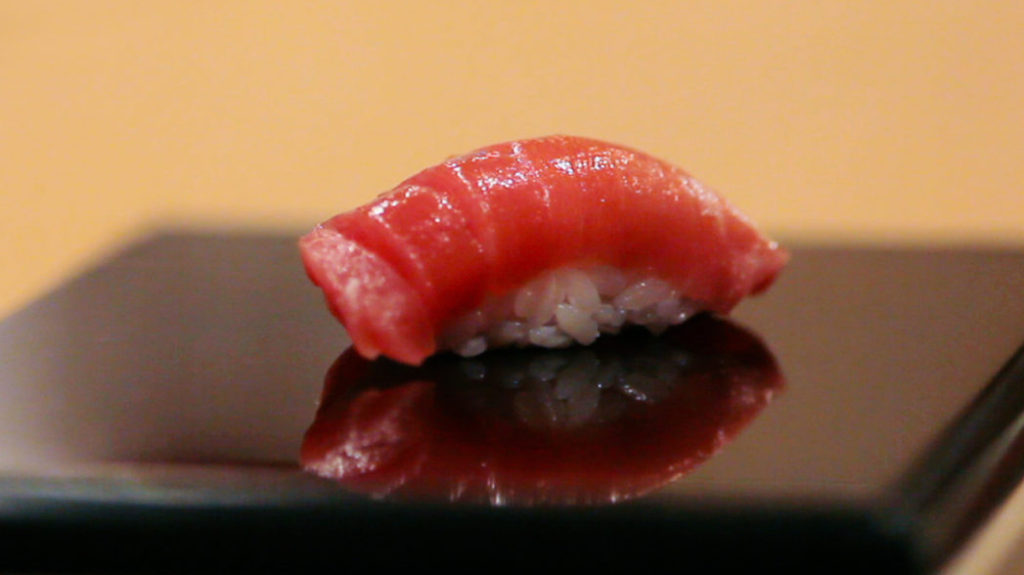
Malcolm Gladwell is constantly misquoted. Most often by those who haven’t actually read his book “Outliers: The Story of Success,” but have nevertheless appropriated his now famous claim of having to spend 10,000 hours on a particular subject before one can become an “expert.”
Only that’s not what Gladwell said. He wasn’t talking about mere expertise. He wasn’t referring to those athletes and artisans who are merely “good” at what they do. He was referring to eminence. The kind that causes women to draw audible breaths. The kind that causes men to look away in shame. It takes 10,000 hours to become, what can only be described as, prodigious. To become the one who constantly reminds the rest of us of our lack of worth. 10,000 hours. It’s what Malcolm Gladwell calls the “magic number of greatness.”
With that in mind, consider Jiro Ono, a resident of Tokyo, 86-years-old, and widely considered the greatest sushi chef of all time. The eponymous subject of David Gelb’s stylish documentary Jiro Dreams of Sushi, he is the embodiment of every notion we have of the Japanese – disciplined, unyielding, ritualistic, obsessive. Almost to the point of cliche. So much so that when we look at him, we can’t help but imagine those workers who so diligently rebuilt their lives and their nation after World War II, after the tsunami, after so much disaster and devastation.
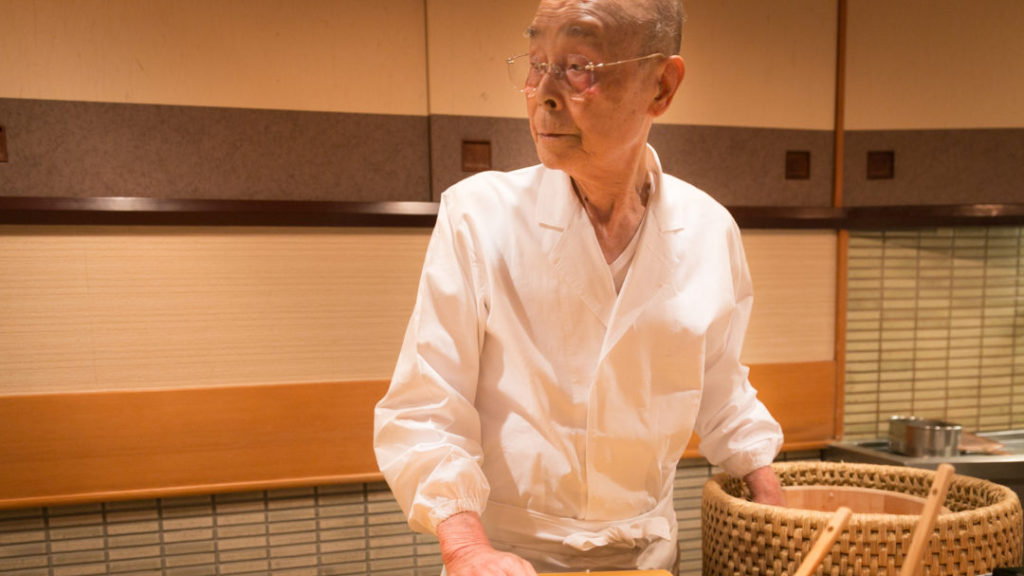
Jiro’s story is a remarkable one. He began his career as a chef at just 10-years-old. Having run away from home, the young Jiro took on an apprenticeship at a restaurant and has been making sushi for more years than most of us have even been alive. He works 15 hours a day. He doesn’t take holidays. He pushes those around him almost as hard as he pushes himself. His restaurant, Sukiyabashi Jiro – a 10-seat, three Michelin star joint, where meals start at ¥30,000 and reservations need to be made a month in advance – is one of the finest restaurants in the world. There remains nothing left for Jiro to achieve. Not by any reasonable standard. And yet he continues to strive. Why? Because he has dedicated his life to achieving perfection.
And even though there is a sadness to his quest – the kind of culinary transcendence that he hopes to achieve is, after all, impossible – it does not detract from the greater message of his story. For his tunnel vision, shared by his sons, by his apprentices, by those who supply his pristine ingredients, reflect an approach to ambition that is unique and worthy of emulation.
All Jiro wants to do is make the perfect sushi. His tuna dealer is an “anti-establishment” type of chap who will not settle for anything except the best fish. His rice merchant refuses to sell his grain to anyone other than Jiro because they just wouldn’t know what to do with such great rice.
Ambition for Jiro and his cohorts has nothing to do with money or fame. It goes beyond passion and devotion. It is instead, about focus, about carving out a niche, and excelling at it. It is personal. It is incredibly Japanese. Minimalist by conception but nothing short of Herculean by way of execution.
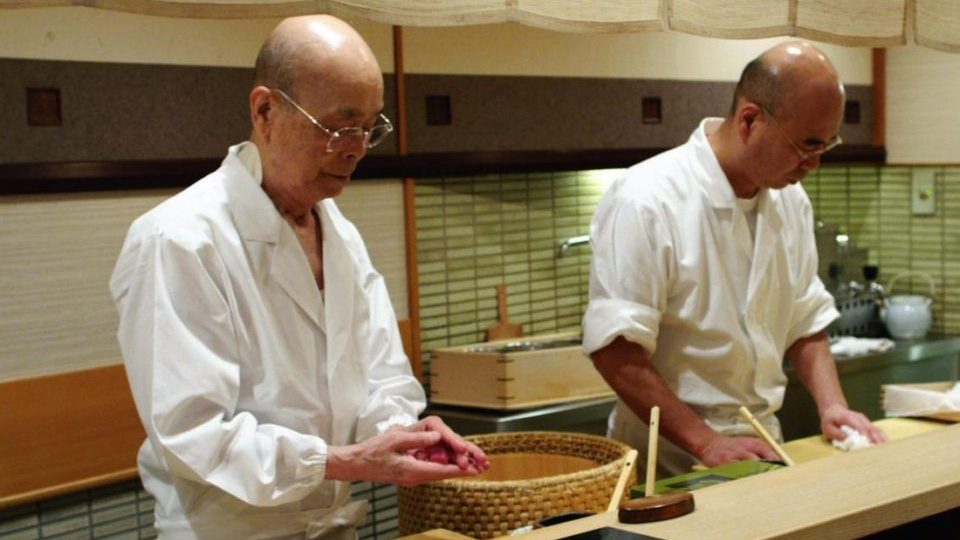
We have a lot to learn from Jiro and those around them. We talk about work and life, about our working life, like they are distinct from one another. There is nothing philosophical in our approach to living or working.
Instead, we merely shun the routine. We disparage the day to day. We think of our work, patterned and regimented and repeated ad infinitum, as the necessary shackles of our lives. We view them as means to an end, as the spaces we inhabit between family and friends, between island getaways and retirement, between sickness and death. So much so that we spend the vast majority of our lives trying to break free from the drearily predictable, from the “same old, same old.”
To overcome this, we are constantly told that we need to find work that we love, that we are passionate about, that we enjoy doing so much we barely consider it “work.” Jiro’s message is different. “You have to fall in love with your job,” he says. And it is a philosophy worth highlighting because it is based on finding joy and pleasure in our work rather than finding work that is pleasurable to do.
Jiro Dreams of Sushi
81 minutes
Director: David Gelb
Cast: Jiro Ono

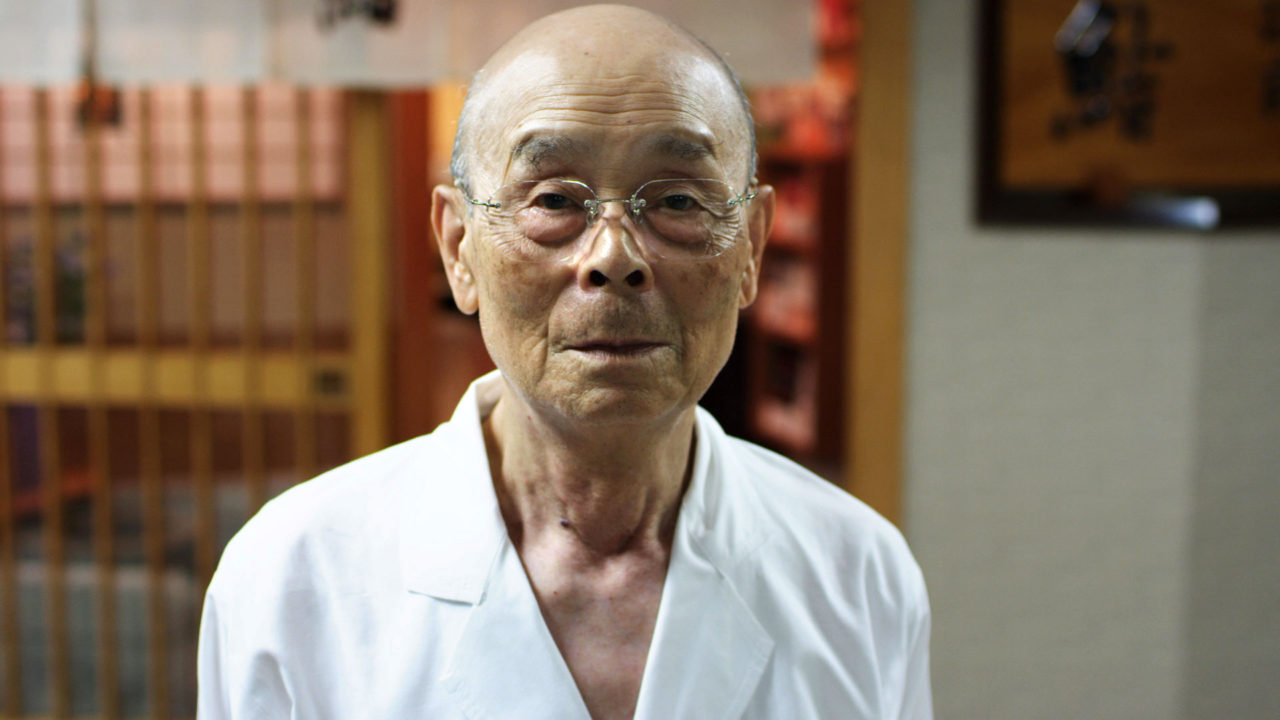
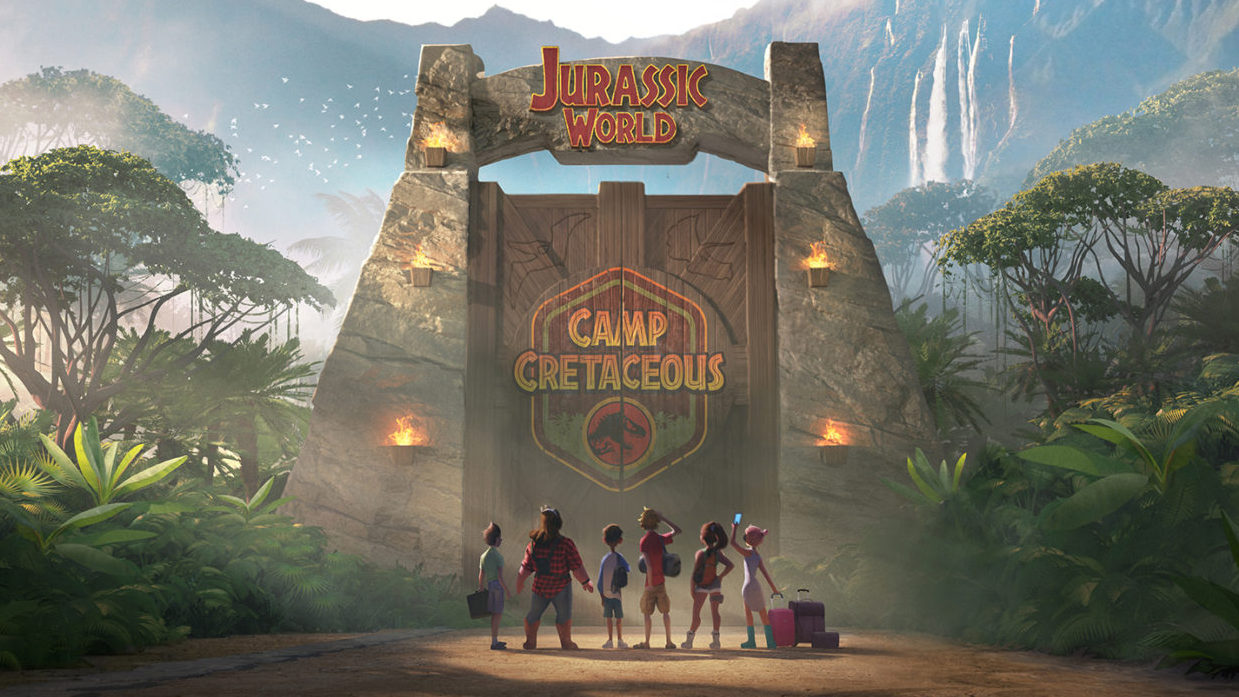
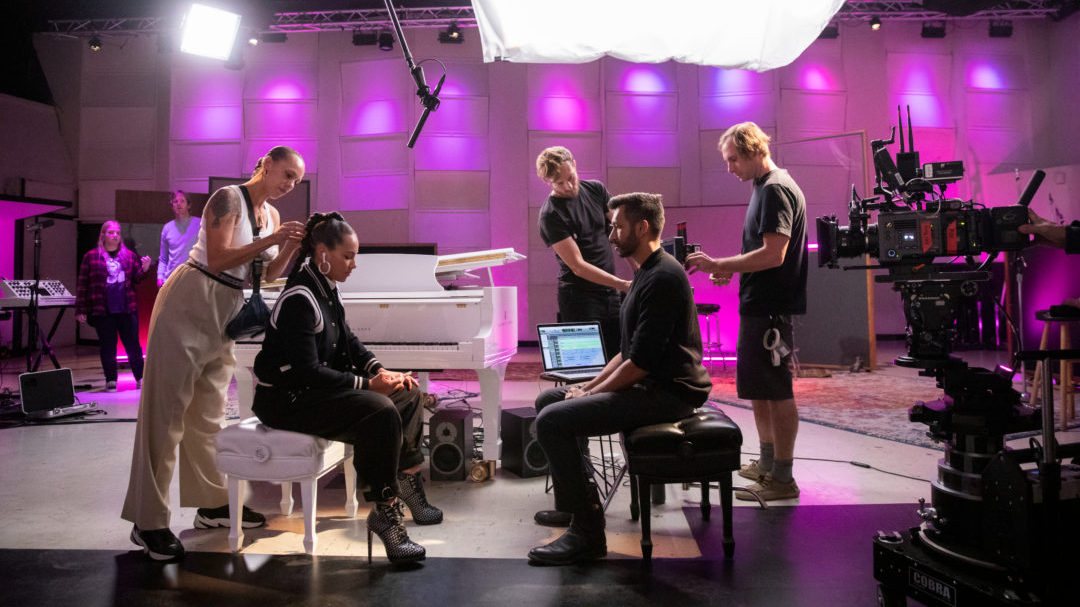
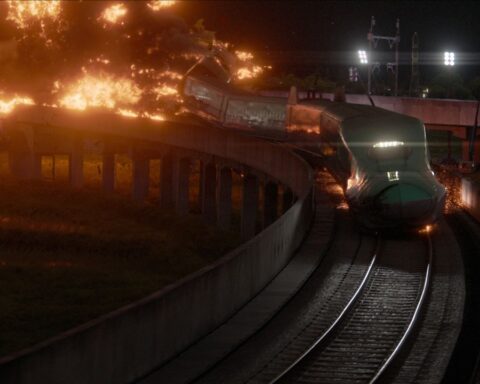


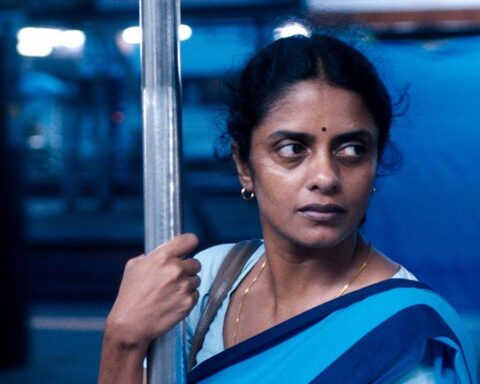

Follow Us